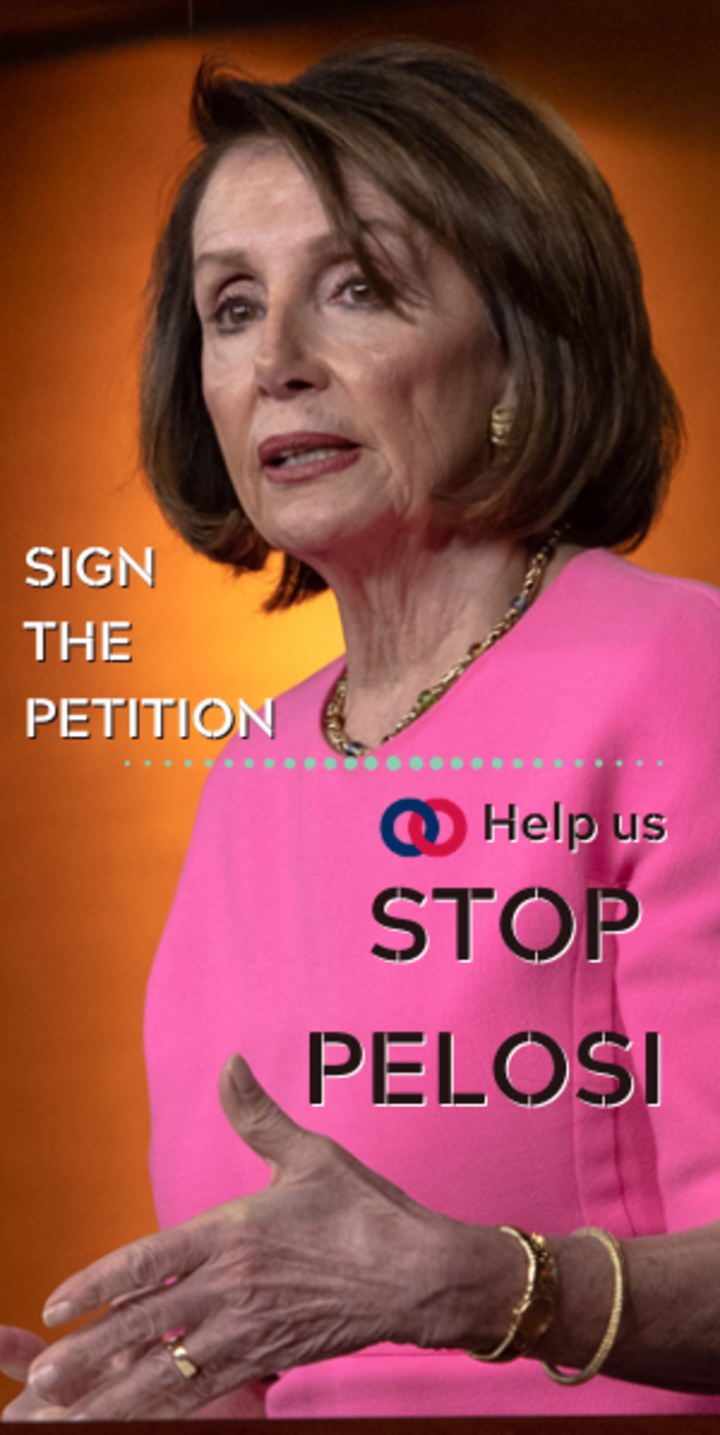The European Court of Human Rights has rejected a basic human right to same sex marriage. But U.K. gay rights activists are now seeking to use Great Britain's civil union law to strike down its marriage laws.
This is clearly a coordinated strategy now. We've seen it in Connecticticut, California, and now Great Britain.
It is not impossible to provide practical benefits for same-sex couples without endangering your state's marriage laws, but the laws have to be drawn carefully if the goal is to provide some compassionate help for those ineligible for marriage, while retaining your marriage laws.
But it's much harder:
"Peter Tatchell, who is fronting the 'Equal Love' campaign, . . . .said: "Since there is no difference in the rights and responsibilities involved in gay civil marriages and heterosexual civil partnerships, there is no justification for having two mutually exclusive and discriminatory systems.
"Banning black couples from getting married would provoke uproar. The prohibition on gay marriages should arouse similar outrage.
"The ban on same-sex civil marriages and opposite-sex civil partnerships is a form of legal sexual apartheid - one law for gay couples and another law for heterosexual partners. Two wrongs don't make a right."
The campaign's legal advisor, Robert Wintemute, expressed confidence that the court would strike down the ban.
He said of the current laws: "It's discriminatory and obnoxious, like having separate drinking fountains or beaches for different racial groups, even though the water is the same.
"The only function of the twin bans is to mark lesbian and gay people as socially and legally inferior to heterosexual people.
"I am confident that we have a good chance of persuading the European Court of Human Rights that the UK's system of segregating couples into two 'separate but equal' legal institutions violates the European Convention. I predict that same-sex couples will be granted access to marriage in the UK."
The application to the ECHR will be filed by all eight couples simultaneously today. Should the court find that the law contradicts European conventions, then the UK will be obliged to make changes."



 53-year-old Daniel Sarno of Enfield, Connecticut, admitted intimidating Peter Wolfgang, the executive director of the Family Institute of Connecticut, over a six-month period from last November until May.
53-year-old Daniel Sarno of Enfield, Connecticut, admitted intimidating Peter Wolfgang, the executive director of the Family Institute of Connecticut, over a six-month period from last November until May.

 1.
1. 




